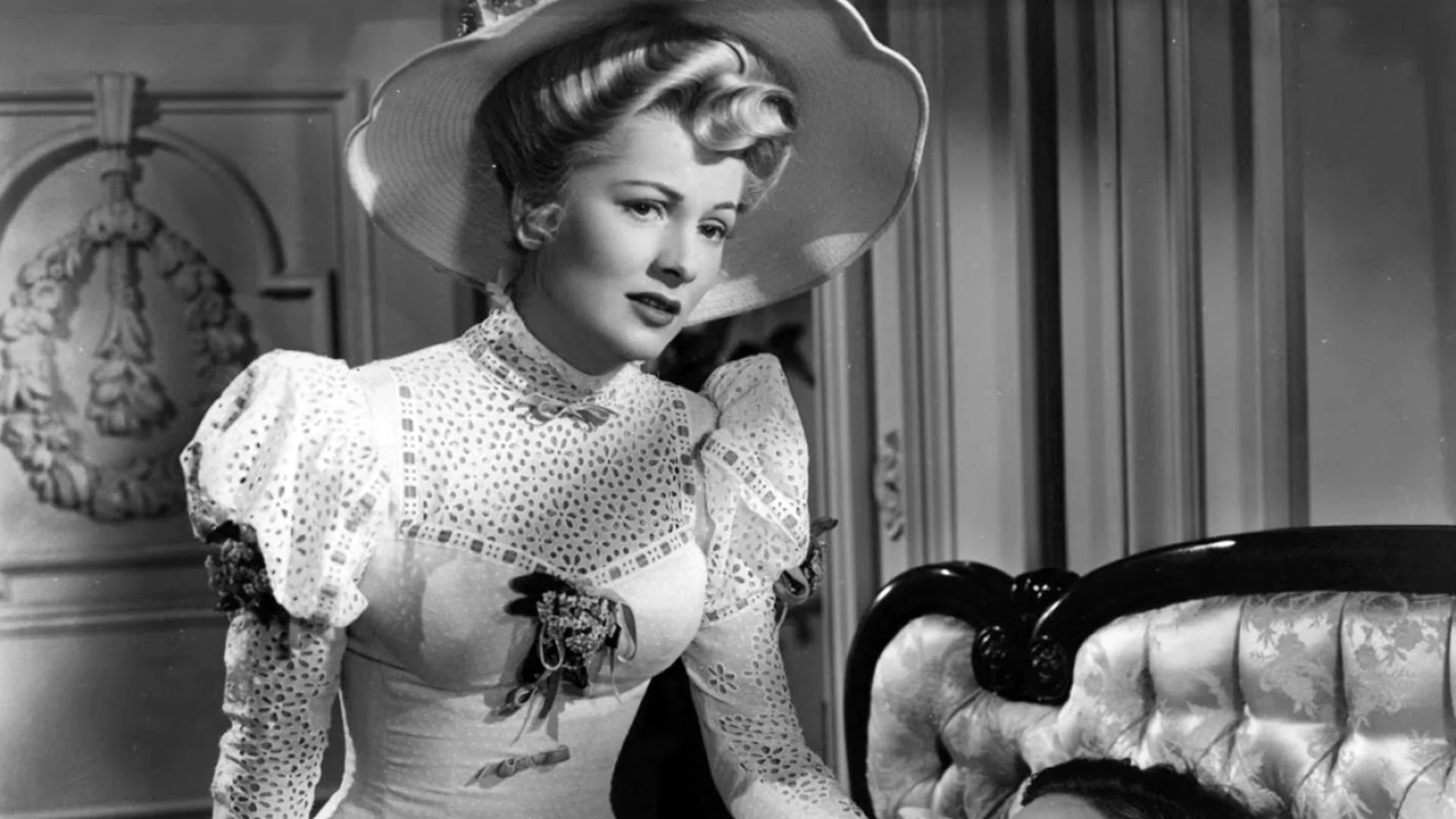Ivy (1947)
The intrigue of Fontaine’s Ivy, the center of this whirlpool of unending desire and appetite, is her quiet air of mystery. The intrigue of Sam Wood’s Ivy is just the opposite, there is no mystery. Wood starts off the tale with Fontaine visiting a psychic and from the first stirring moments of the film, we are already given a window into what’s to come. Progressing, we come to a murder mystery where we’ve watched the murder happen in slow motion, from the first thoughts of murder by the culprit, to the painful march toward the inevitable conclusion of the victim. The audience becomes the accomplice, the only witness to a murder that happened under the radar. Our Scotland Yard detective, who takes over as our point of identification for the film’s closing 20 minutes, isn’t privy to what we already know, and for the most part, Wood uses is to a great effect to keep us within Fontaine’s self-constructed chamber of madness. A capricious and voracious character whose wants and lusts weren’t able to be satisfied by any of the people she met or situations she encountered, digging and burying her own grave with each spellbound step. And for it all, Fontaine’s Ivy never strikes us anything more than a trapped spirit desperately trying to escape a prison of egoistic wanting. The sympathies of the audience are directed toward no one, maybe toward our victim, maybe toward Herbert Marshall’s Miles Rushworth, the kind soul who may have proved salvation for them all.
Wood crafts a vivid and intriguing noir picture, full of all the shadowy compositions and high key paranoia one could expect. Though the film never materializes into something truly engrossing, there’s enough to enjoy as a mild diversion and Fontaine does wonderfully with Ivy’s charming yet brazen ego-centric entitlement, we almost forget she’s the villain.
6

